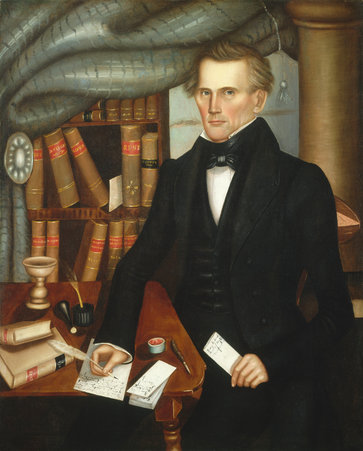Should ethics be taught in schools?
In New South Wales, Australia, classes on secular ethics have been offered to some students as an alternative to religious studies since 2010. A programme called ‘Primary Ethics’ is now taught to around 20,000 students in more than 300 schools. It introduces discussion of moral issues in a systematic way and provides an educational experience for students who were previously not provided with a taught alternative.
Should schools, particularly government schools, teach ethics? Or does doing so violate an important principle of government neutrality on matters moral and spiritual?


